New Government in Chisinau
Moldova has a new government, supported by the parties in the Alliance for European Integration

Roxana Vasile, 31.07.2015, 13:34
A state with a majority Romanian-speaking population of around 3.5 million, the Republic of Moldova, a neighbor of Romania and Ukraine, is considered the poorest country in Europe. After decades under the Soviet influence, at present Chisinau is making efforts, with the help of Bucharest, to get closer to the European Union. Last year it signed an association agreement with the EU despite pressure by Moscow, which does not see Moldovas gradual coming out of its sphere of political and economic influence with a friendly eye.
Another sign of Kremlins determination to preserve its authority in the region is the fact that for many years Russia has kept soldiers and military equipment in the east of the Republic of Moldova, in Transdniester. With the support of Russia, in 1992 Transdniester declared its independence, which was never acknowledged internationally, after a short war which left behind many victims. Against the backdrop of the past months worsening economic situation in Moldova, the current conflict in Ukraine is fueling fears that the small republic could be deliberately destabilized.
This is why a pro-European government in Chisinau is considered a must. Led since mid June by an interim cabinet, after the resignation of prime minister Chiril Gaburici, who was accused of having forged his Baccalaureate diploma, Moldova now has a new government, elected on Thursday and headed by the Liberal Democrat Valeriu Strelet.
Addressing Parliament, the new prime minister promised to make the fight against corruption one of his cabinets main priorities. In terms of foreign policy, the future government intends to continue on its European path by implementing the provisions of the association agreement and to pave the way for Moldova to become an EU accession candidate. Moldova also wants to deepen its strategic partnership with Romania and to give an impetus to the political dialogue with the Russian Federation with a view to normalizing bilateral relations.
As regards the Transdniester issue, the governing program of the cabinet headed by Valeriu Strelet provides for a stronger role of the EU and the US in settling the conflict, the new government insisting on the unconditional withdrawal of the Russian troops and military equipment in accordance with the international obligations that Russia has undertaken.
In Bucharest, President Klaus Iohannis has hailed the investiture of a new Moldovan government that has a clear pro-European option. The Romanian president said that he was aware that the tasks ahead of the government in Chisinau were difficult and assured the Moldovan partners that Romania would provide substantial support for Moldova to overcome its economic difficulties and to carry on its European accession efforts. The Romanian Foreign Ministry has also reiterated Romanias firm and unconditional support for Moldova becoming a full member of the European Union.






























